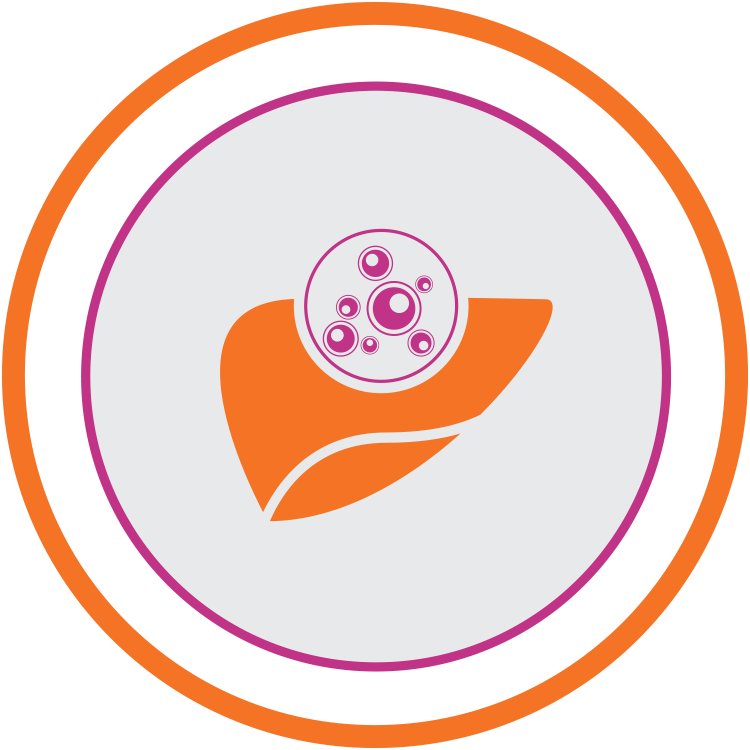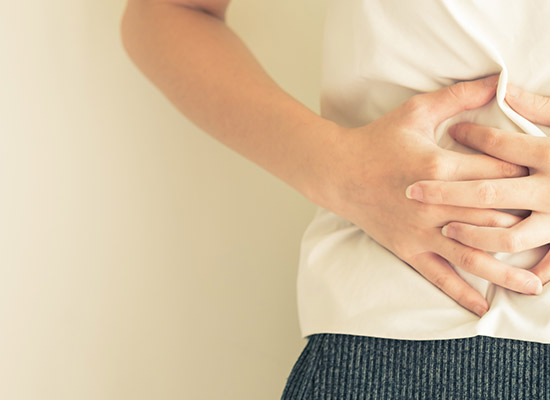For at least a few weeks afterward, do not over-do things. But also do not lounge around all day. You should be able to return to a normal lifestyle within a couple of months. Spend the time appreciating those around you and what this generous donation has done to improve your quality and quantity of life.
Doctors monitoring
You will be required to visit your doctor on a regular basis. Initially, this may be quite regular, but in time will extend to several months. If seeing multiple doctors for different things, please ensure that all doctors know what medications you are taking. Some medicines do interact with other medications and must be taken with care.
Blood tests
Blood tests are used to monitor your liver and kidney function as well as other blood variables. Blood tests should ideally be done the day or so before your doctor’s appointment so that they have the latest information.
Stages of returning to activity, including work
Return to work or other activities only if you feel up to it. It is recommended you start slowly in the first instance. This also includes sexual activity. If in doubt, ask your doctor. Don’t be shy – they have heard it all before.
Healthy eating
This is a no-brainer. Do eat healthy food. Everything and anything in moderation. It is highly recommended that you do not eat raw meats (including fish etc) until you are completely stable.
What to avoid
Because you are immune suppressed, always check with your Hepatologist if another doctor suggests you should receive any immunisations. The Mantoux test for tuberculosis and immunisations for yellow fever, for example, are forbidden as are any other immunisations using live or weakened bacteria or viruses. However influenza vaccinations or immunoglobulins are okay. Avoid coming into close contact with children or people with chicken pox or measles etc.
Driving after Transplant Surgery
You may wish to resume driving as soon as possible after your surgery. You must check with your doctor to clarify when it is safe to drive. You can resume driving after four to six weeks post-transplant depending on the type of surgery you have had and the size of the wound. Before driving, ensure that your wound is healing well, that you are alert and not fatigued, no longer experiencing significant pain or taking medications that can cause drowsiness.
For information on assessing fitness to drive, please visit the website www.austroads.com.au . The guidelines on this website outline the responsibility drivers, health professionals and the licensing authorities. The rules for driving are very clear and are set out to protect you, the transplant doctors and the general public.






